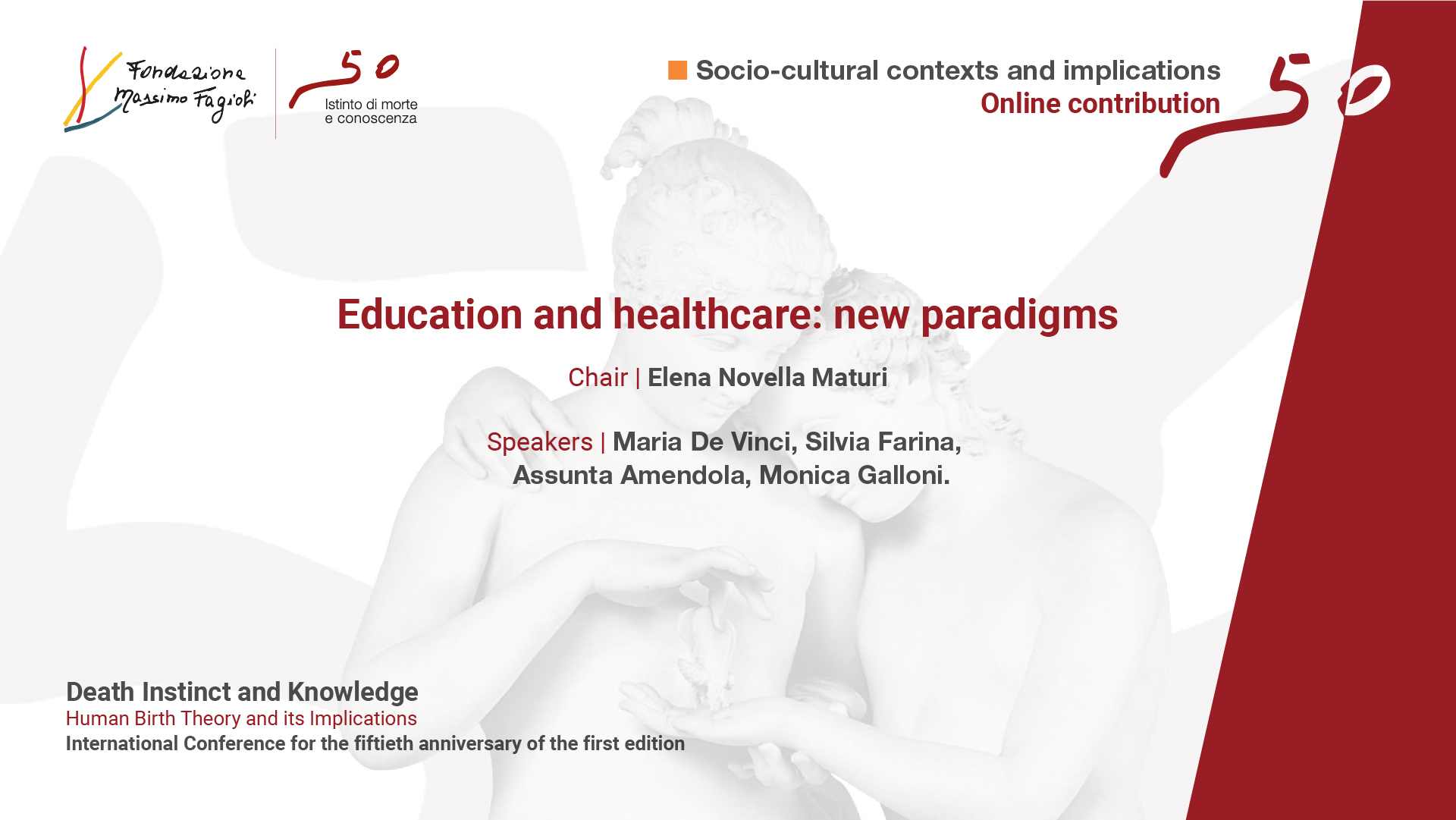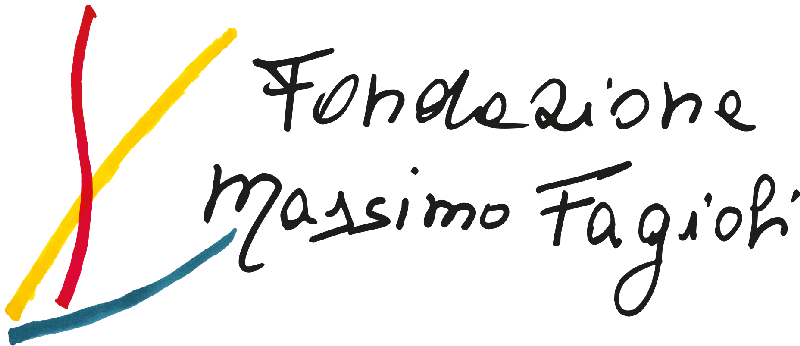Videos
18 November
WELCOME TALKS AND INSTITUTIONAL GREETINGS
Chair: Francesca Fagioli, Conference President
From the Municipality of Rome
- Sabrina Alfonsi, Councilor for Agriculture, Environment and Waste Cycle.
- Daniela Spinaci, President of the Equal Opportunities Commission. Municipality I, Central Rome
From the Fondazione Massimo Fagioli
- Alessandro Hinna, Foundation President
- Marcella Fagioli, President of the Scientific Board
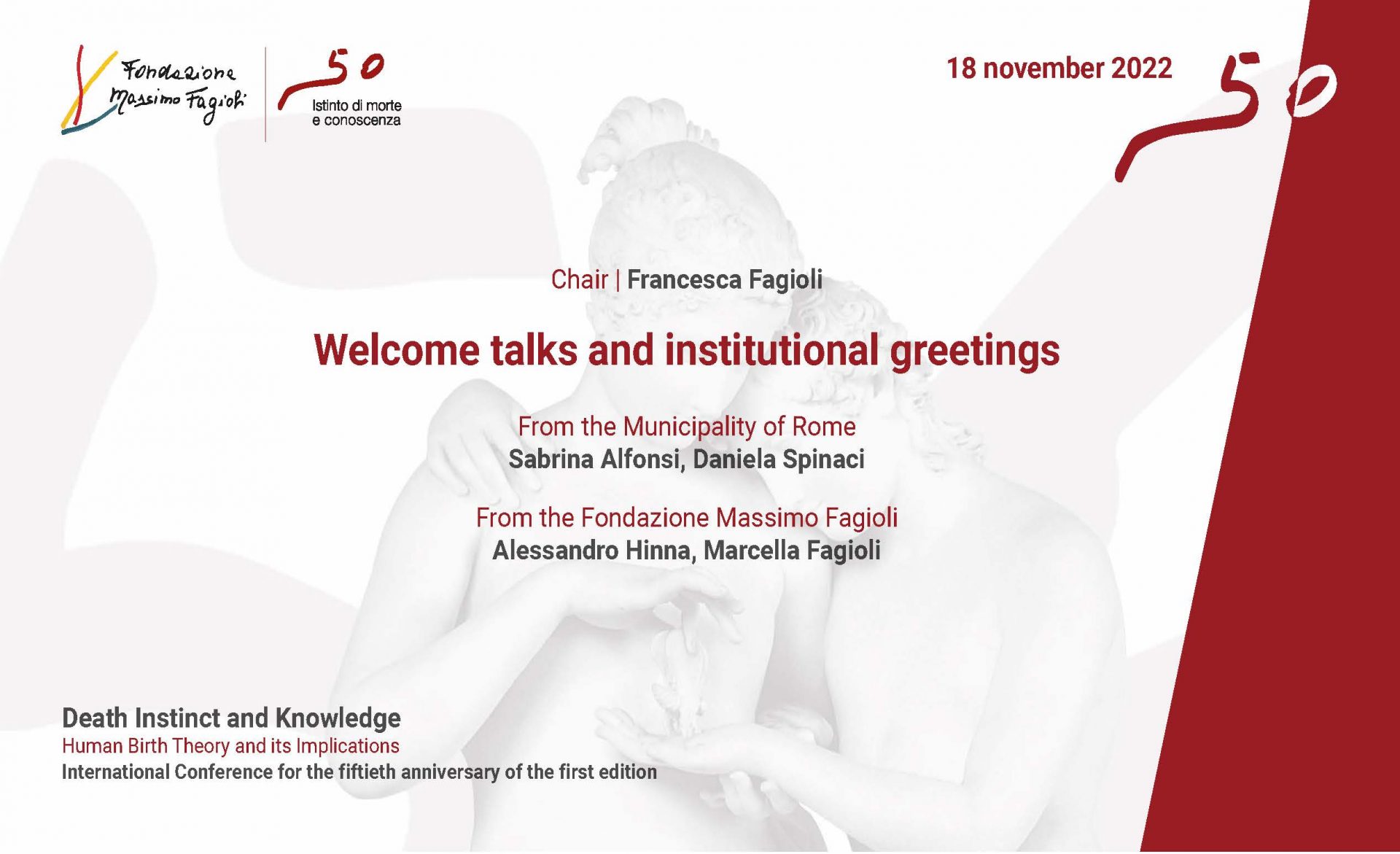
GUEST SPEAKERS AND PAPERS
Chair: Andrea Raballo
- Paolo Girardi
The critical nature of the biological paradigm
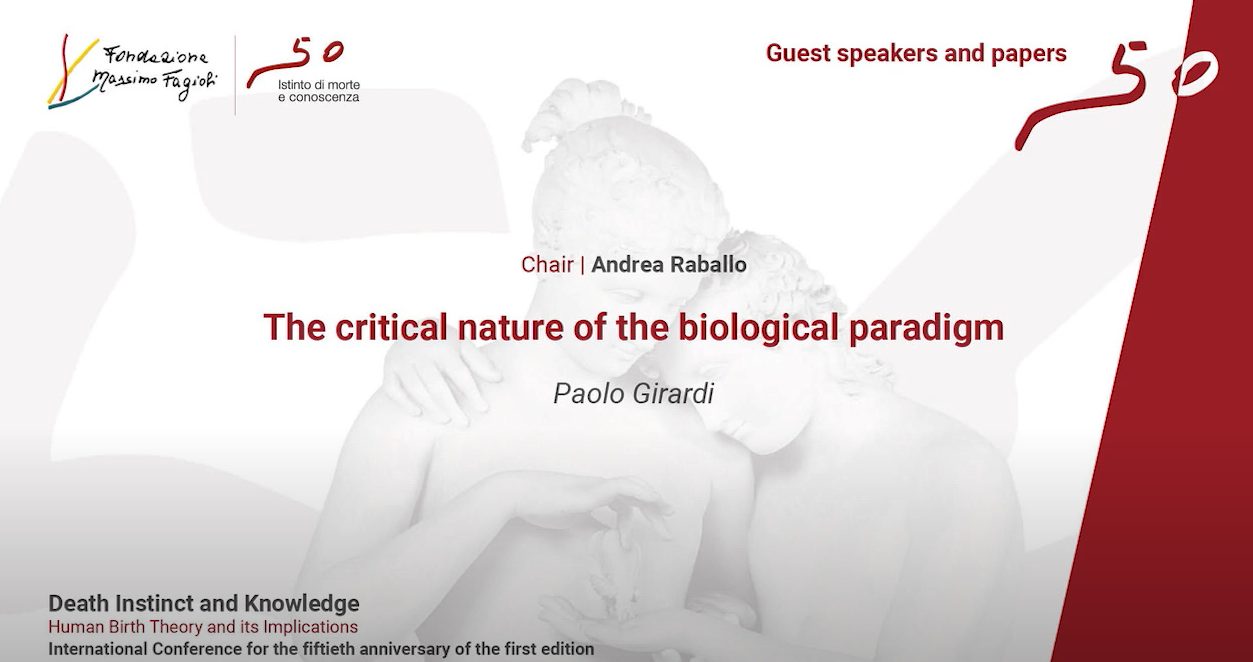
Chair: Daniela Polese
- Joanna E. Chambers
The Modern Opioid Epidemic: An Example of the Intersection of Human Birth Theory and Attachment Theory
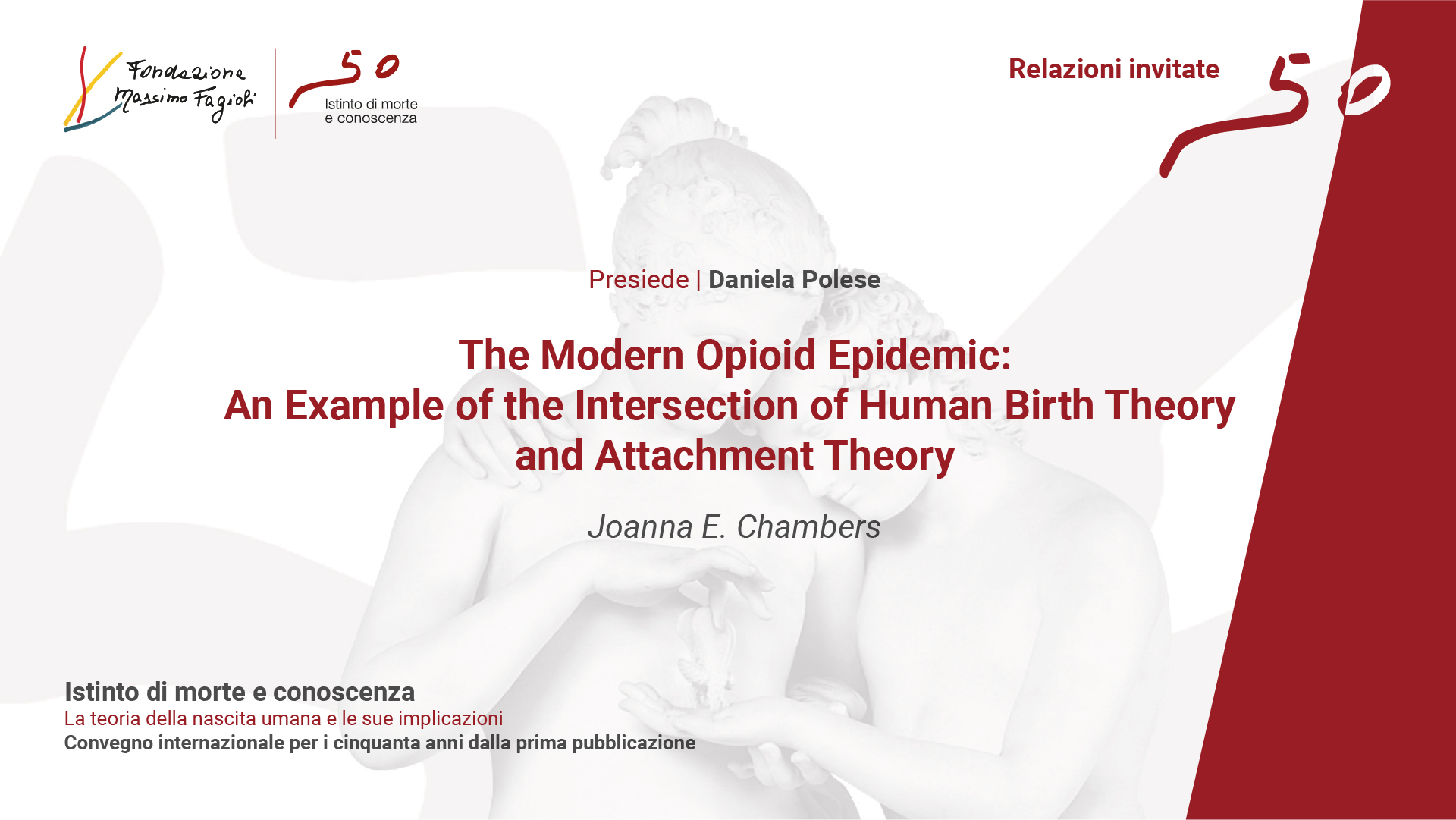
PLENARY SESSION 1
THEMATIC AREAS
■ Psychiatry, psychotherapy, developmental psychology (A)
■ Neonatology and bioethics (B)
Psychiatry as psychotherapy
Chair: Andrea Masini
- M. L. Riccio, D. Polese
“Human birth is in coming into light, not in the first breath’: new data on the discovery of a third retinal photoreceptor active at birth (B) - C. Anzilotti, D. Armando
Unconscious, fantasy, imagination: some reflections on the words of birth theory and their history - F. Masini
The birth theory and the origin of the language (A) - F. Panzera, E. Pappagallo, F. Quaranta
From the Insulin shock therapy group to Analisi Collettiva, the evolution of group therapy in Massimo Fagioli’s practice (A) - D. Fargnoli, M. G. Gatti
Death Instinct and Knowledge and the psychotherapy of psychosis (A)
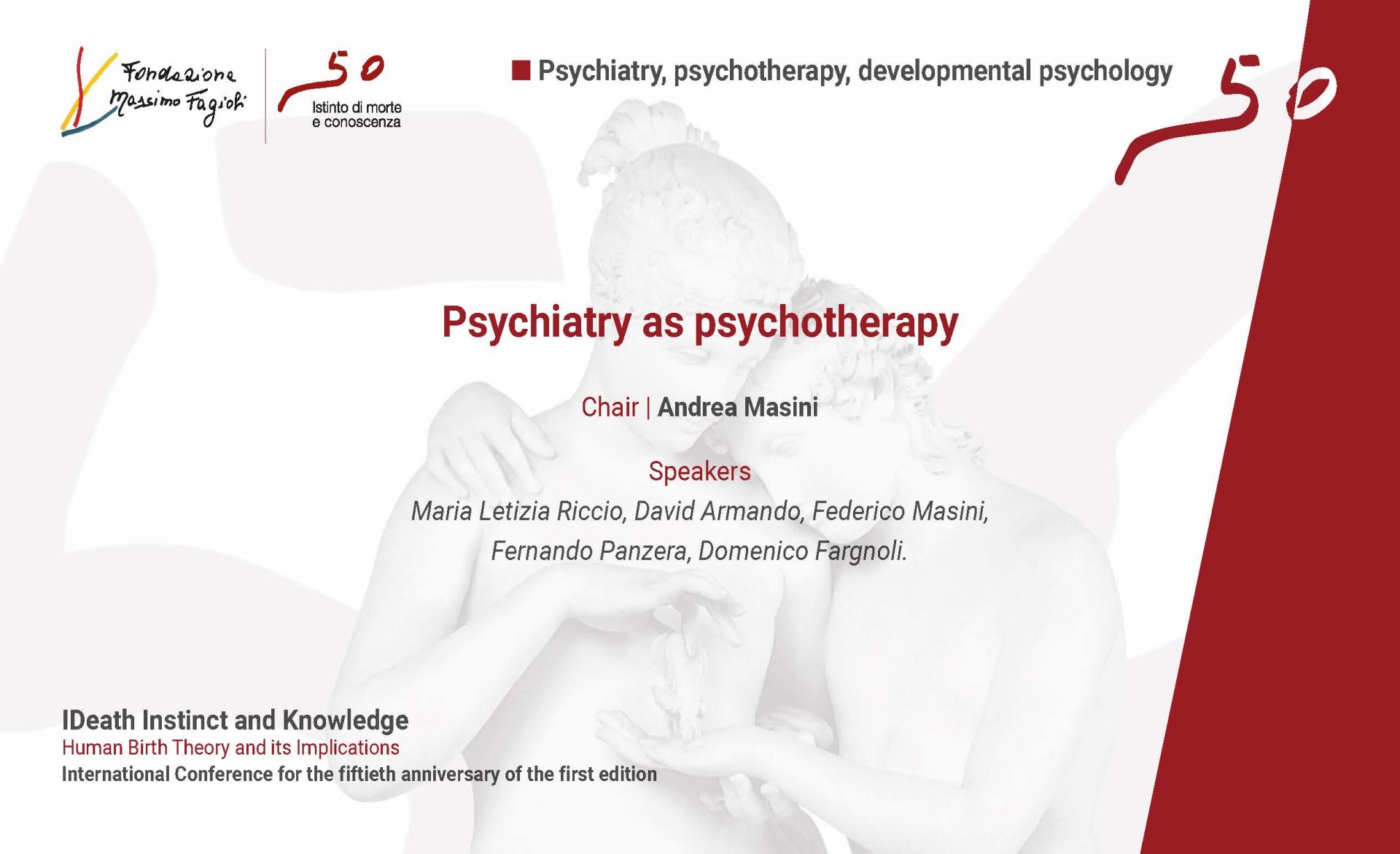
PLENARY SESSION 2
THEMATIC AREAS
■ Psychiatry, psychotherapy, developmental psychology (A)
The psychopathology of the non-conscious
Chair: Gabriele Cavaggioni
- C. Andrizzi
The diagnosis of delusional perception opens the way to the psychotherapy (A) - I. Calesini, E. Atzori, L. Costantino, D. Montanaro, D. Fargnoli
The Identification: definition and clinic in Istinto di morte e conoscenza (A) - A. Mazzetta
The loss of common sense compared with the disappearance fantasy: the conscious and unconscious intentionality (A) - M. Albrizio, M. C. Aliquò, E. Stocco
The invisible clinic of envy (A) - A. Giampà, A. Mocci
The evolution of envy concept through the clinical cases of “Death instinct and knowledge”: between theoretical elaboration and therapeutic process (A)
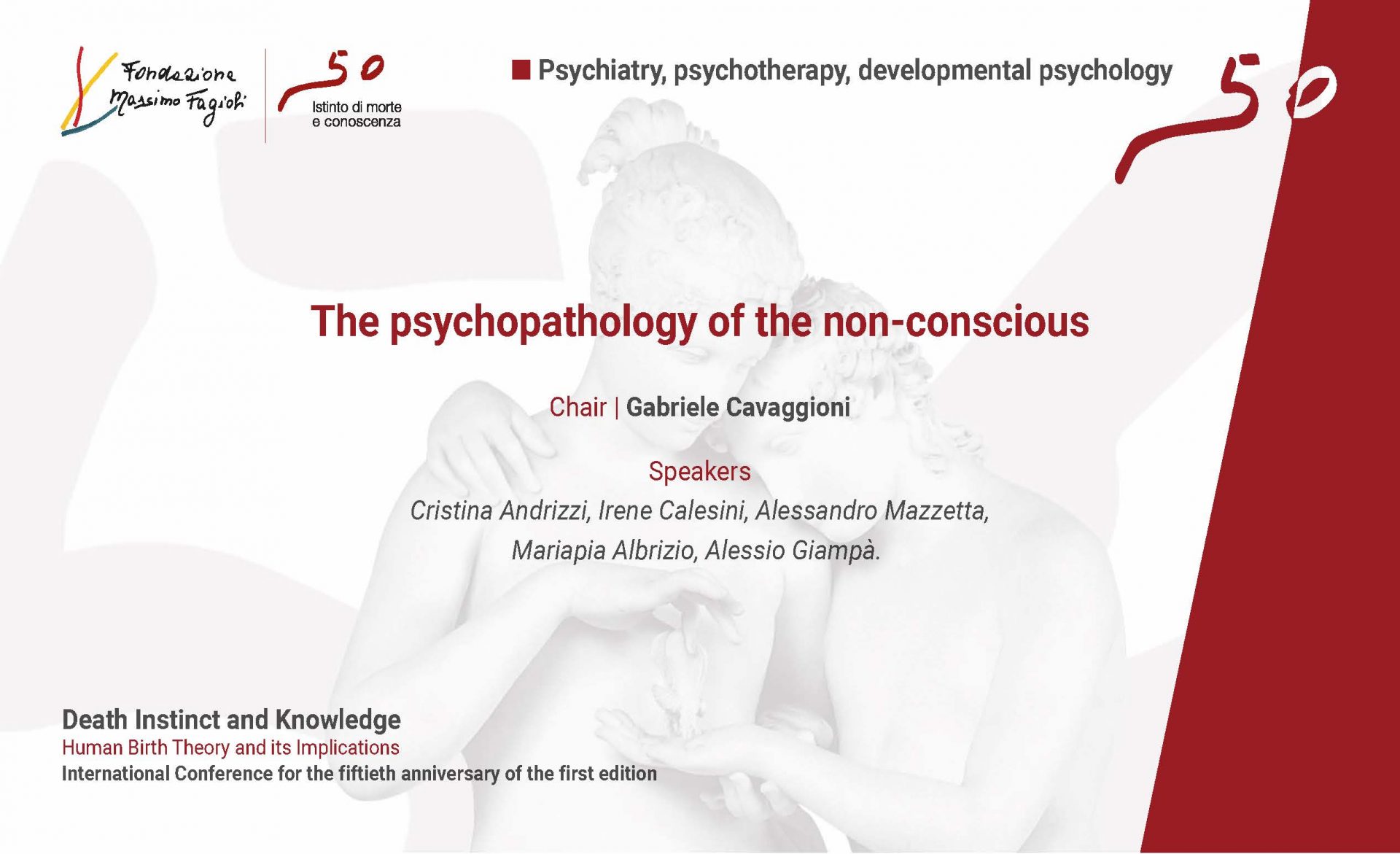
PLENARY SESSION 3
THEMATIC AREAS:
■ Psychiatry, psychotherapy, developmental psychology (A)
■ Neonatology and bioethics (B)
Human Identity and Its Development
Chair: Elena Monducci
- I. Rocchi
The non-conscious mother-infant relationship (B) - A. Cantini, C. Fazio, V. Fino, E. Lucarini, M. Ponti, N. Trevisan
Maternal stress in pregnancy, maternal mental disorders and fetal neurodevelopment: a scientific investigation in light of Massimo Fagioli’s Human Birth Theory (B) - A. Emiliozzi, L. Genco, E. Lucarini, C. Patrignani, A. Pelagaggi, G. Sneider, M. Sneider, N. Trevisan
The sense of the line at the time of weaning. An in-depth scientific review based on Massimo Fagioli’s Human Birth Theory (B) - E. Gebhardt
The discovery of human birth as the foundation for a psychopathology of childhood and adolescence (A) - M. Petrucci
Psichiatria di transizione e teoria della nascita (A)
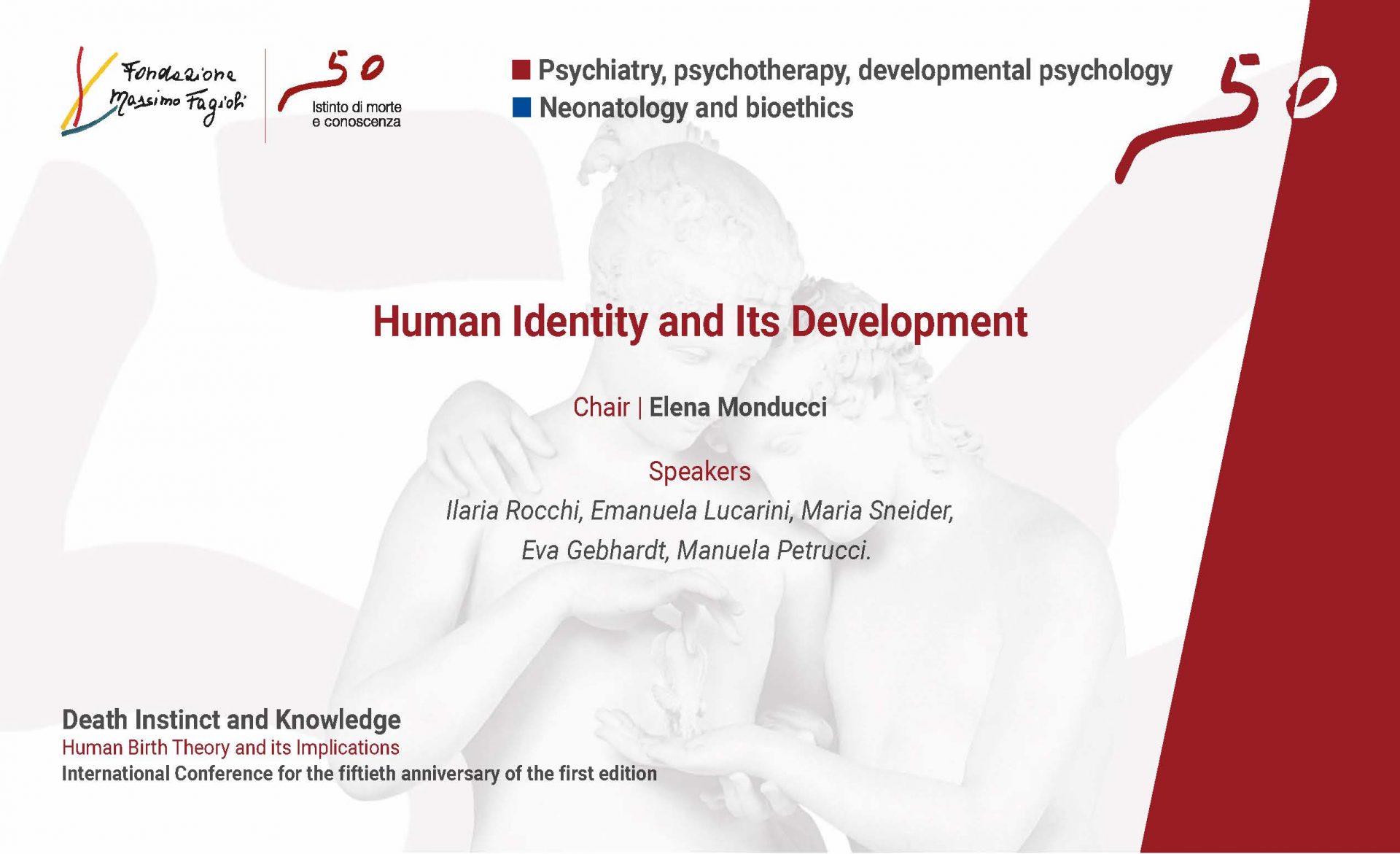
SHORT FILM
Dreaming and healing - The therapeutic process and dreams
Regia di Bruno Rocchi, produzione Netforpp Europa Ets.
Introduction and presentation: Cecilia Iannaco and Martino Riggio
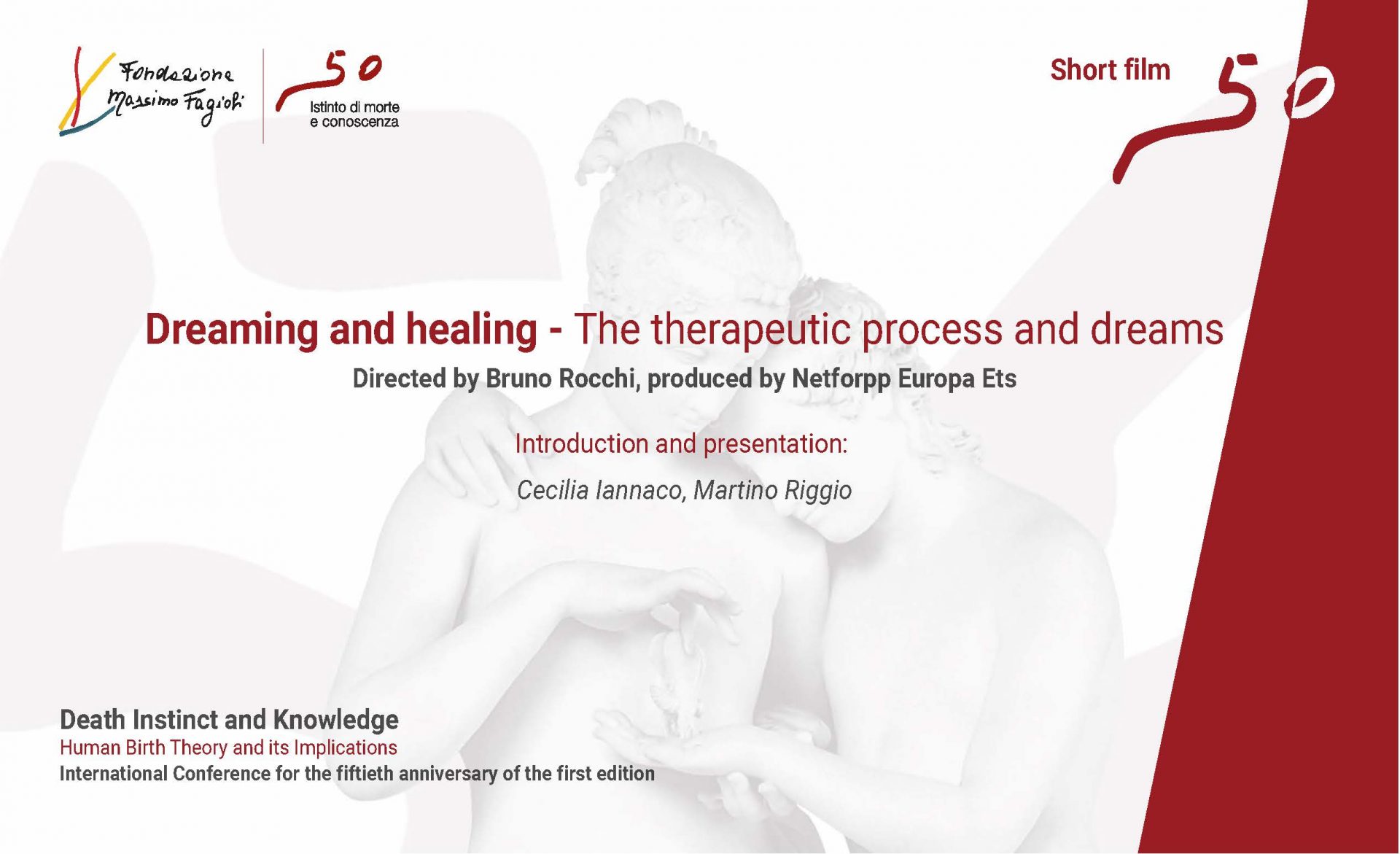
ROUNDTABLE
Dynamic psychotherapy in the light of Human Birth Theory: an international comparison
Co-Chairs: Annelore Homberg e Paolo Fiori Nastro.
Speakers: Martina Brandizzi, Eirini Karyotaki, Natalia Solovieva.
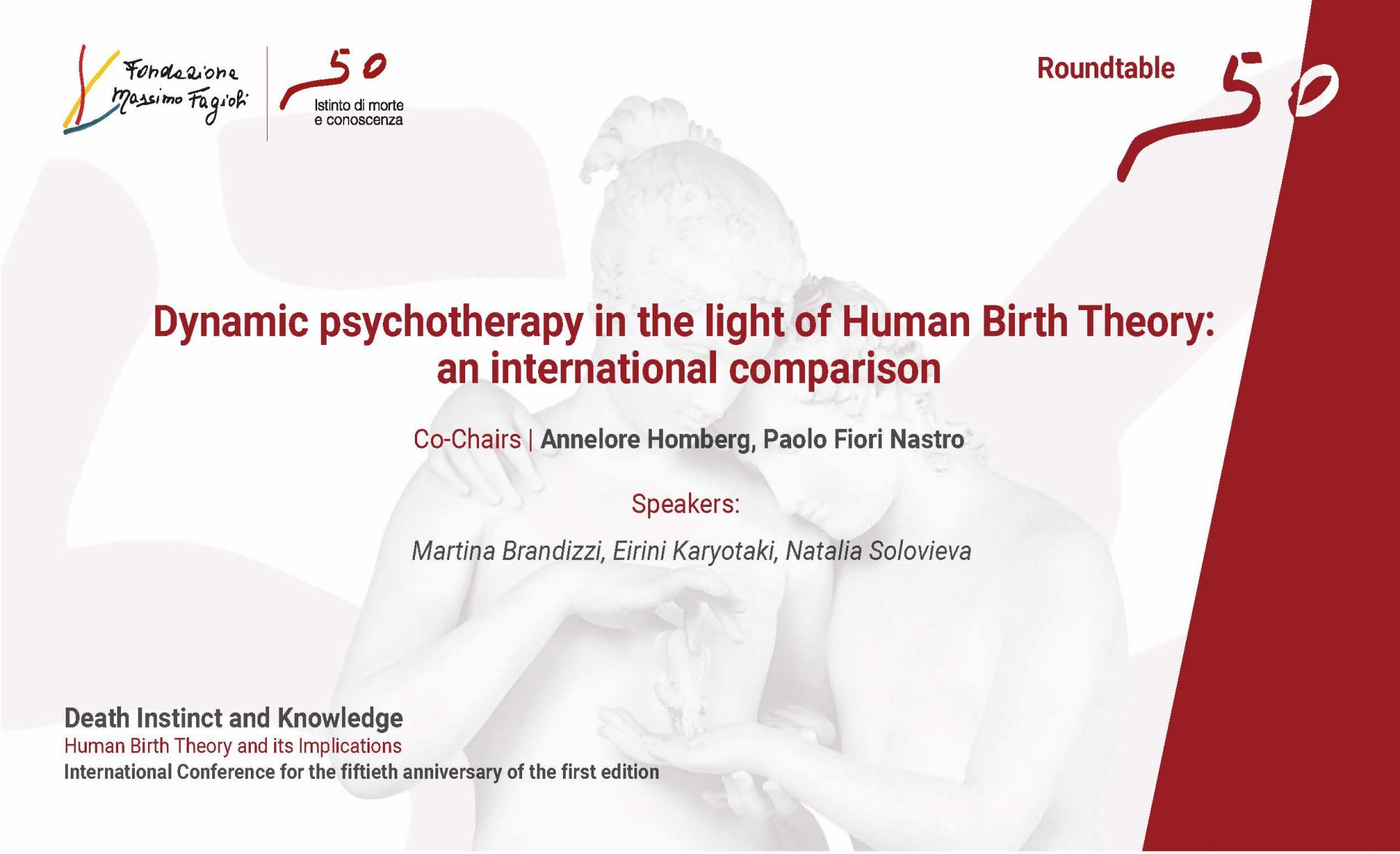
18 November online sessions
THEMATIC AREAS:
■ Psychiatry, psychotherapy, developmental psychology (A)
The Identity of the Psychotherapist
Chair: Letizia del Pace
- E. Atzori, D. Montanaro, I. Ritacco, L. Costantino, I. Calesini, D. Fargnoli Theoretical redefinition of the death instinct and propulsive impact of the concept of the therapist’s “absence” regarding the research on the effective therapist (A)
- P. Bisconti, F. Fargnoli, D. Fargnoli Death Instinct and Knowledge and dream interpretation (A)
- A. Carlotto From medicine to psychiatric identity as psychotherapy: training through Human Birth Theory (A)
- G. Cavaggioni
Questions from work experience (A) - L. Costantino, D. Fargnoli, E. Atzori, I. Calesini, D. Montanaro, Ilario Ritacco
The human identity of the therapist (A)
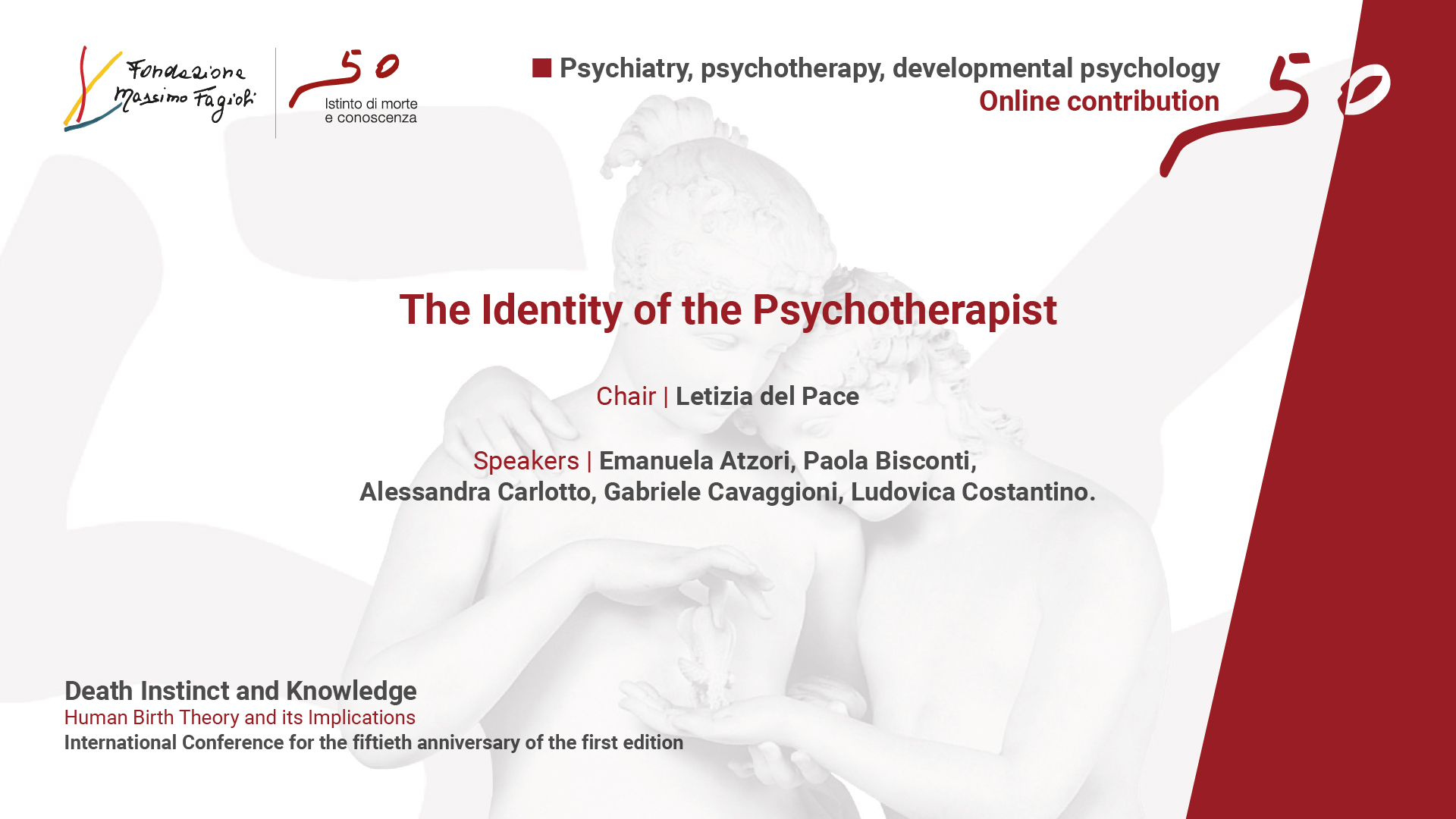
THEMATIC AREAS:
■ Psychiatry, psychotherapy, developmental psychology (A)
Death Instinct and Psychosis
Chair: Alice Masillo
- D. Polese
The secret of Then: the transformation as a therapeutic process in Death Instinct and Knowledge (A) - D. De Lisi, D. Fargnoli
Historical framing of fantasy and reverie. The original definition that is formulated in Instinct of death and knowledge (A) - V. Migliorini, M. Albrizio
Psychotherapy of psychosis: a comparison between the theory of birth and the lost opportunity of Harry Stack Sullivan and Frieda Fromm-Reichmann (A) - I. Ritacco, E. Atzori, D. Montanaro, B. Pelletti, D. Fargnoli
Schizophrenic attitude against the human relationship and annulment pulsion (A) - L. Sapienza, V. Clementi, A. Piazzi
The relationship with phenomenological and existential psychiatry in the professional career of Massimo Fagioli (A)
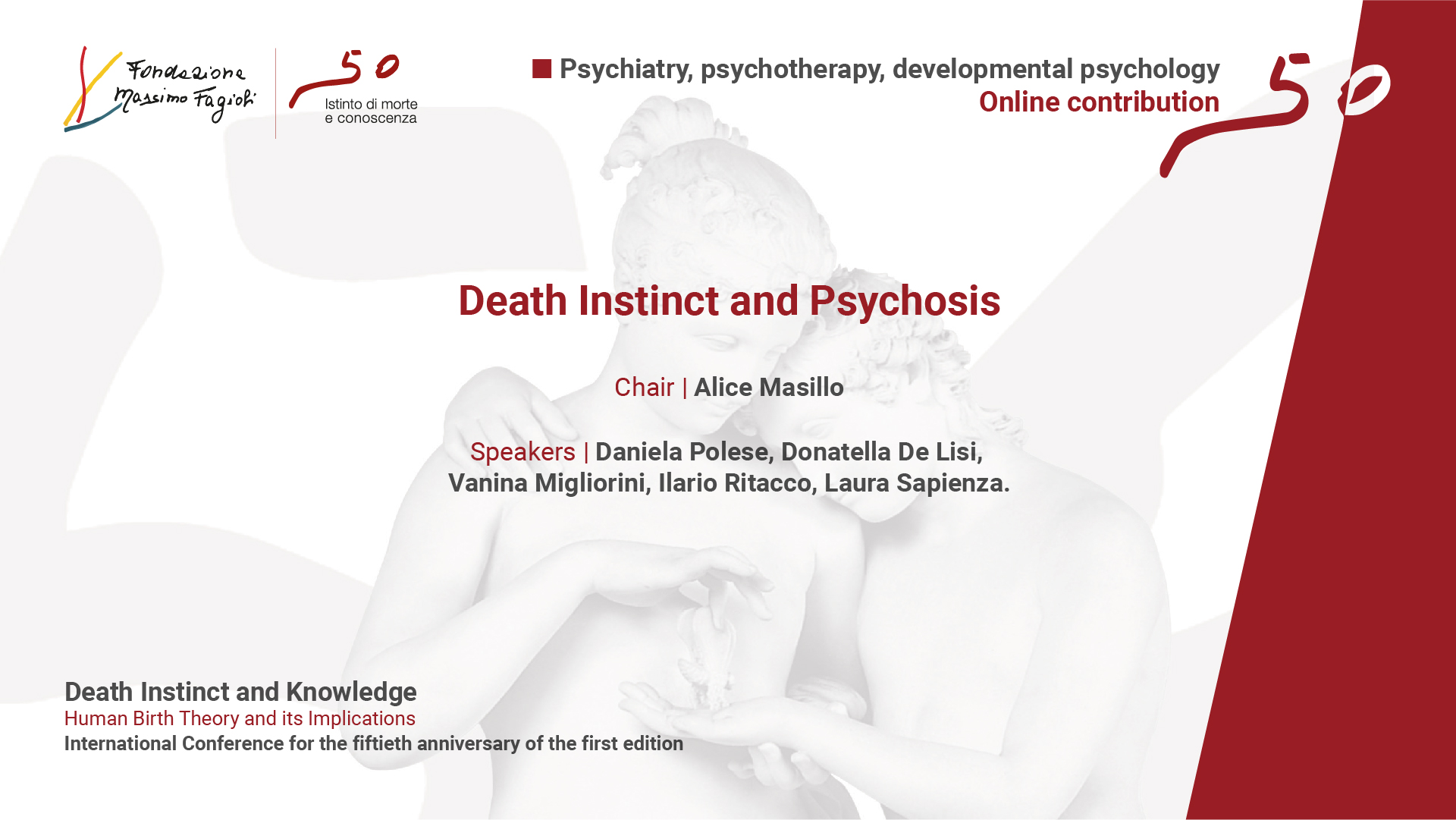
THEMATIC AREAS:
■ Psychiatry, psychotherapy, developmental psychology (A)
Developmental Psychopathlogy
Chair: Claudia Battaglia
- A. Bembina
Developmental relational psychopathology: theoretical training, clinical practice, and therapeutic results (A) - A. Bernardini, A. Orlini
The Human Birth Theory in Early Human Development: a comparison with the psychoanalytic tradition (A) - A. Franco, M. Ionata
Emotional-affective dysregulation in adolescence: which rules have emotions escaped? A reflection on physiology, pathology and treatment (A) - L. Giorgini
Neuropsychiatry of childhood and adolescence: the annulment of children and young people as psychic subjects (A) - V. Mariotti, E. Gebhardt, M. Petrucci
“The physical transformation does not exist”. Theoretical aspects and therapeutic implications (A)
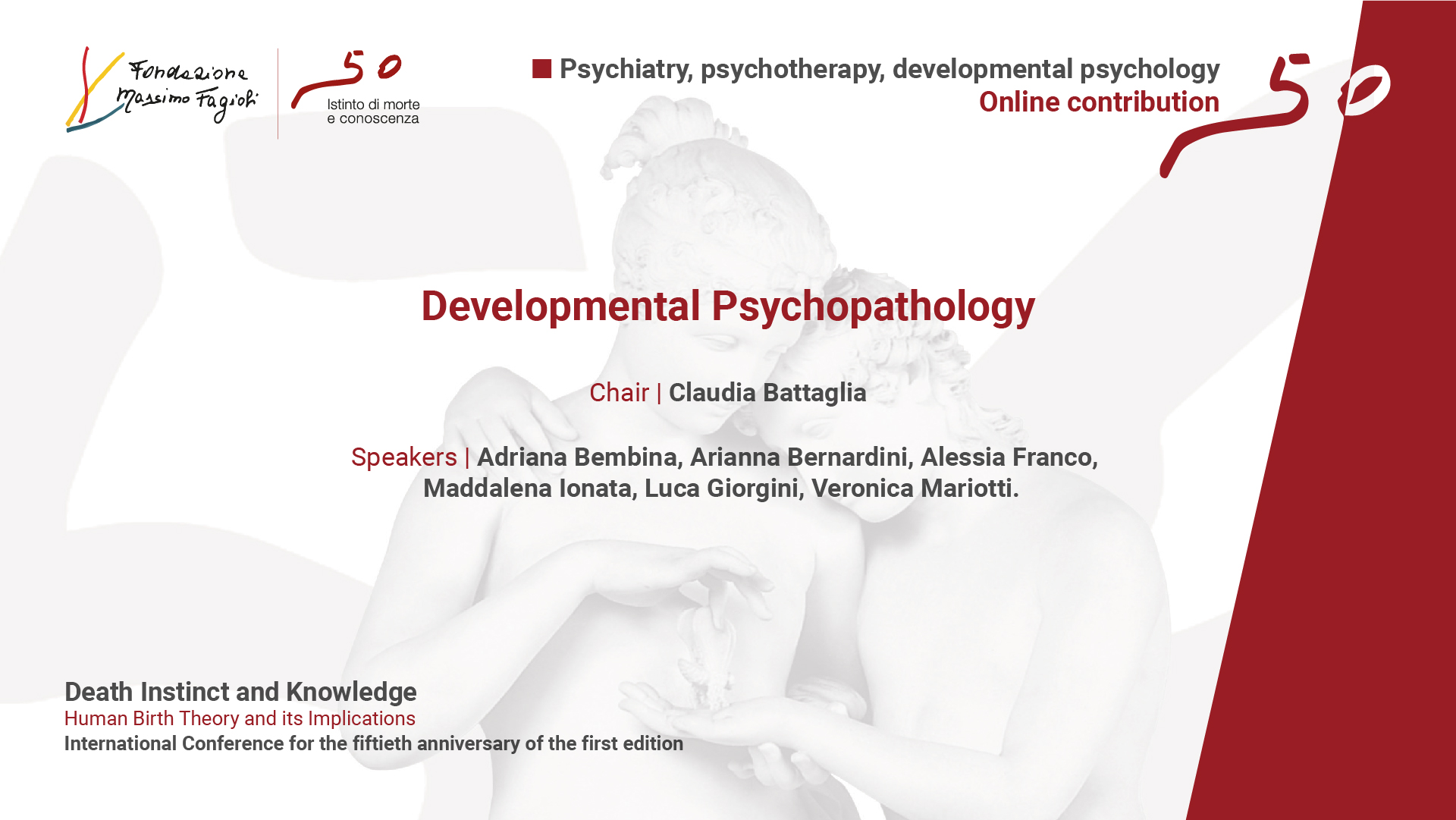
ATHEMATIC AREA
■ Psychiatry, psychotherapy, and developmental psychology (A)
Biology and Death instinct
Chair: Raffaella Nicolai
- A. D’Imperio, B. Quagliarini, M. Ienca, G. Ruggeri
Analysis of disappearance fantasy according to Death Instinct and Knowledge: clinical, forensic and neuroethical correlations (A) - F. Fargnoli
Neoteny and development of the senses in Death Instinct and Knowledge (A) - M. G. Gatti, F. Fargnoli, D. Fargnoli
Death Instinct and Knowledge and light (A) - F. Rinaldi
Beyond the “concept of cause”. The cause-effect nexus and its rethinking in Massimo Fagioli’s theorization (A) - T. Spiga
From neonatology to the molecular bases of the transduction from luminous impulse to nervous impulse (A)
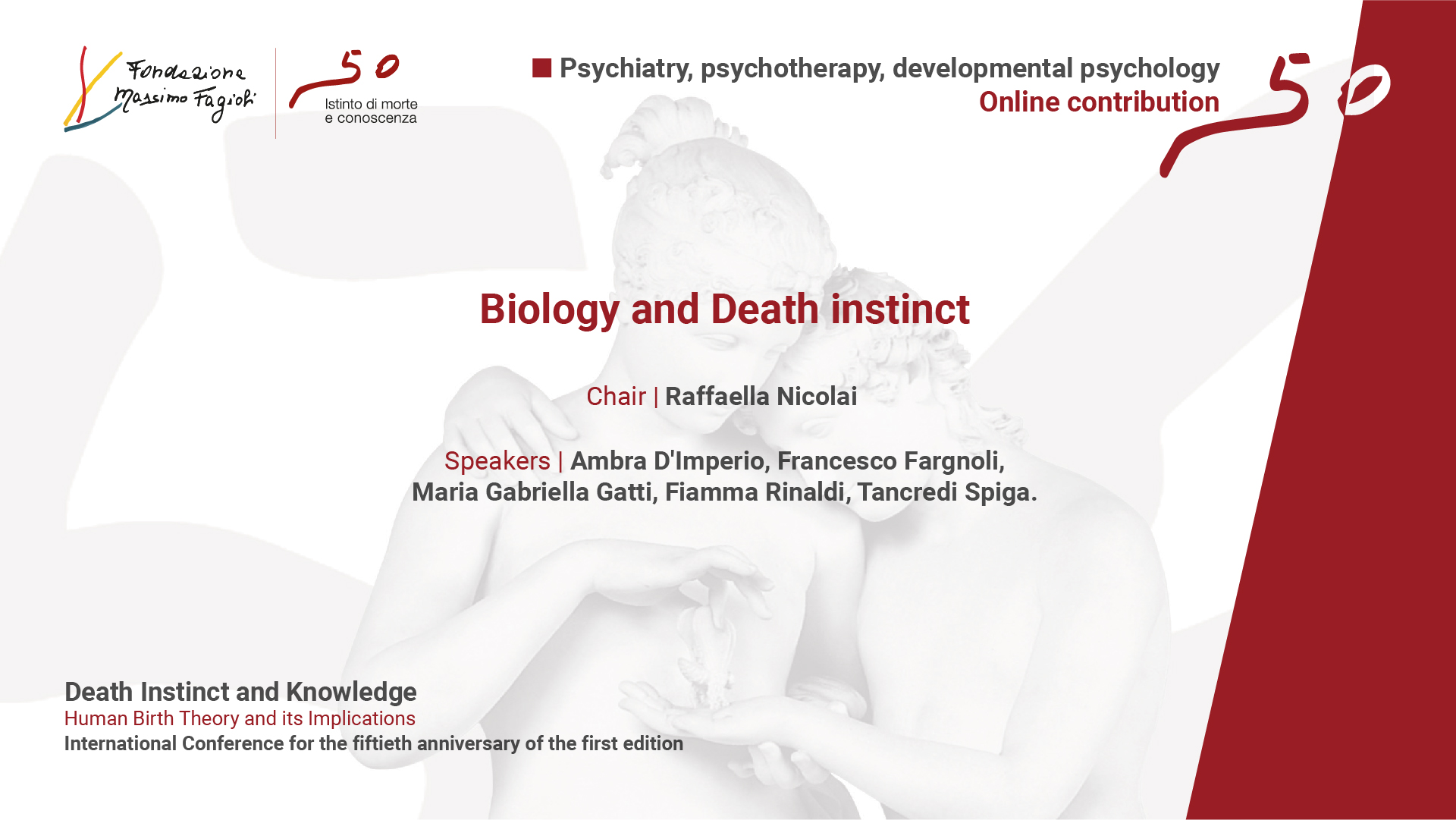
19 November
WELCOME TALK
Chair: Francesca Fagioli, presidente del convegno
from the Regione Lazio
- Marta Bonafoni, Councilor of the Lazio Region
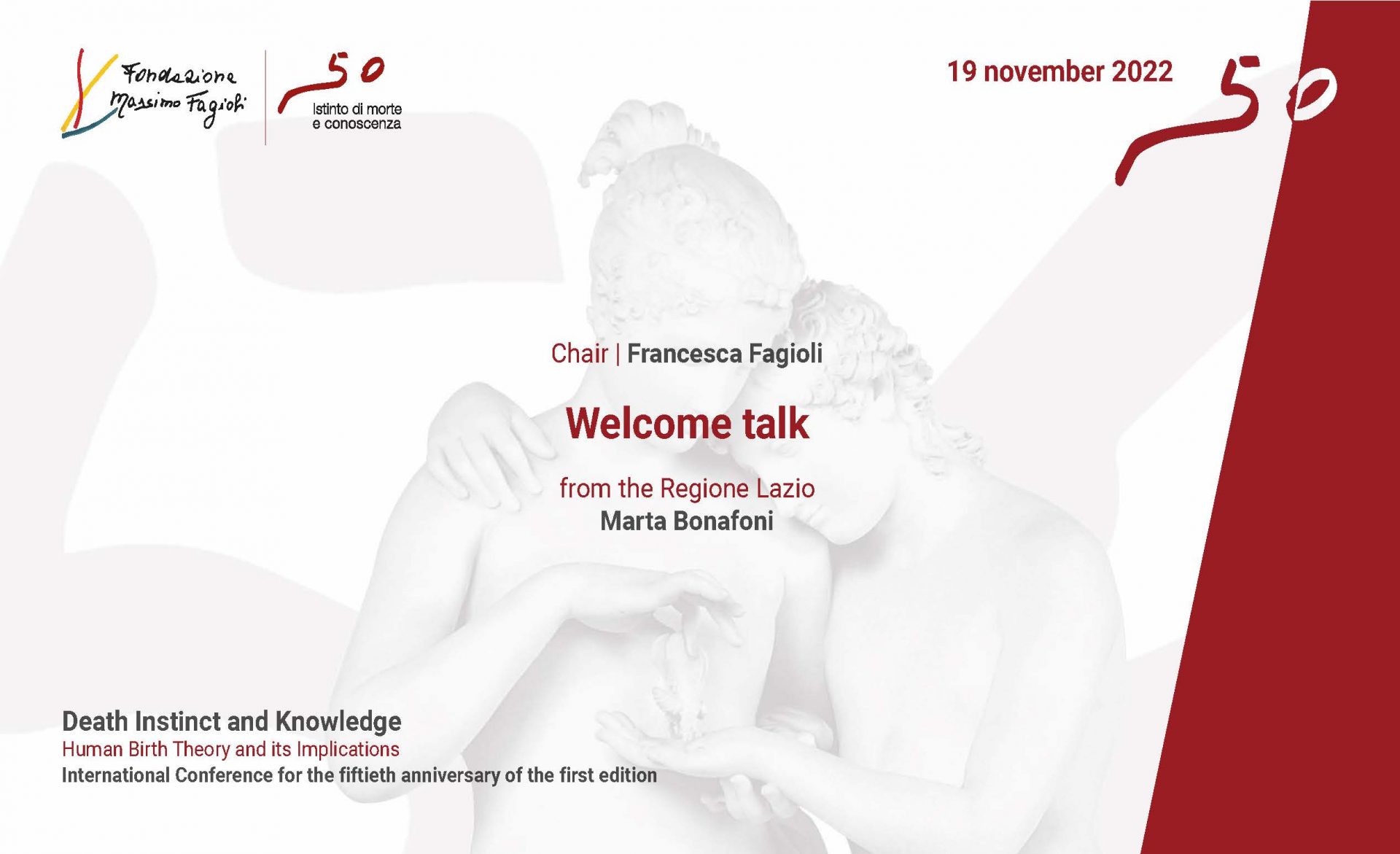
GUEST SPEAKERS AND PAPERS
Chair: Ester Stocco
- Luigi Cancrini The “revolutionary” changes in psychotherapy over the last 50 years
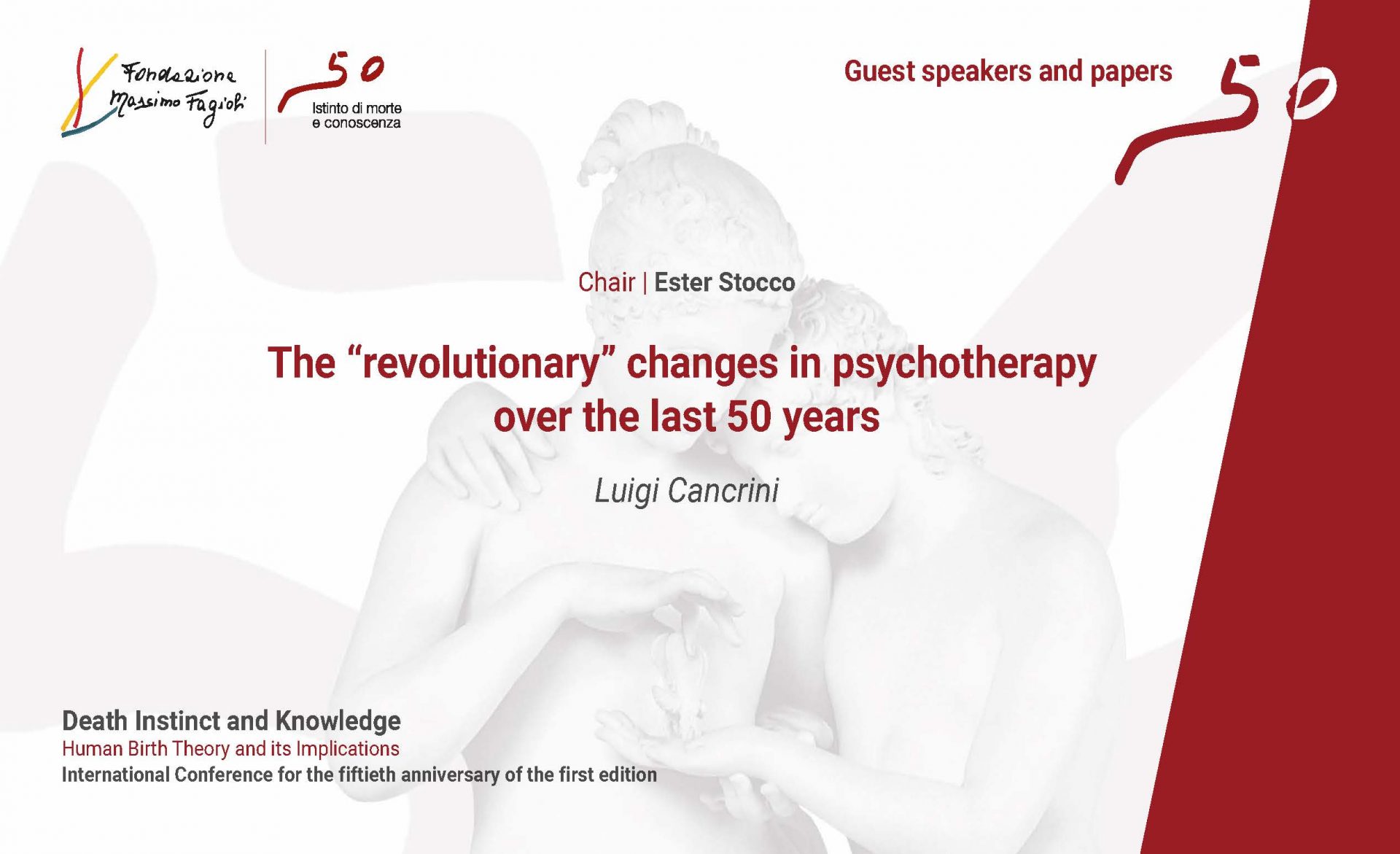
PLENARY SESSION 4
THEMATIC AREA:
■ Socio-cultural contexts and implications (C)
Social transformation and human requirements
Chair: Carlo Zaghi
- L. Di Paolo, G. Manetti, D. Coccoli, G. Minasi, C. Carbonari, C. Menna, A. Sintini, M. Caracciolo
But how did you do it? From individual research to the writing of Death Instinct and Knowledge in response to collective demand. (C) - D. Donninelli, A. Amendola, A. Barbagli, F. Cascianelli, P. Fiori Nastro, I. Iannuzzi, M. Migliorini, C. Pistolesi
A School for “Knowledge” (C) - A. Laconi, S. Marzetti, F. Zappacosta
Equality and freedom related to non-conscious reality: anthropological, philosophical, and sociopolitical implications (C) - D. Natali
Political theory of European integration in light of Human Birth Theory (C) - M. Sintini
Architecture and relationship with nature (C)
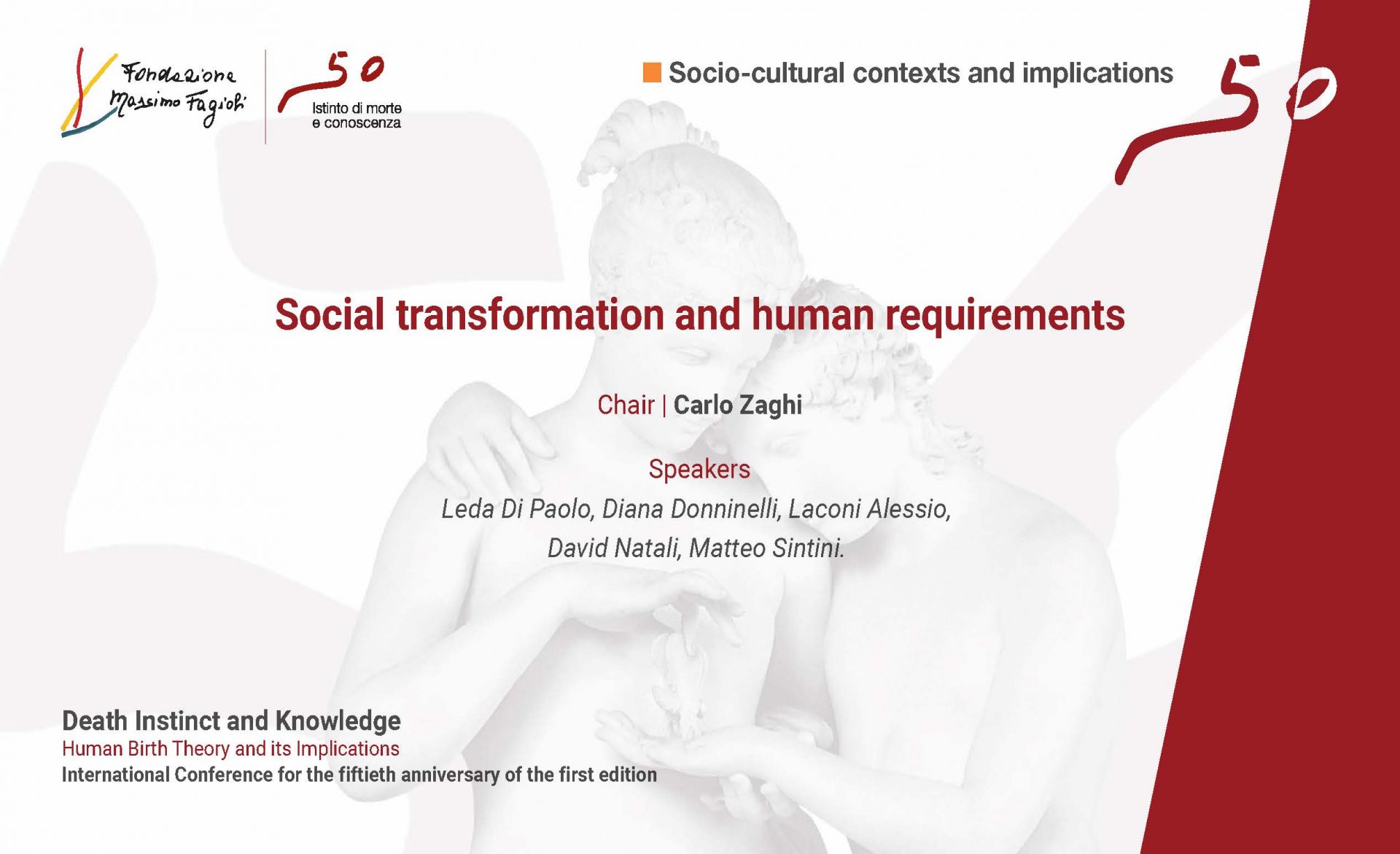
PLENARY SESSION 5
THEMATIC AREA
■ Socio-cultural contexts and implications (C)
For a new anthropology
Chair: Paola Gramigni
- M. Pugno
The double ‘leap’ in human evolution: a hypothesis in the light of Human Birth Theory (C) - C. Ricciardi
Rational Justifications Falsify Ethics: A Research Proposal (C) - A. Iacarella
A wholly human history. De Martino, Camus, Fagioli: paths of European thought after World War II (C) - A. Barbagli, E. Monducci
The future is a door, and we are now the key (C) - A. Ventura
Fagioli’s Birth Theory and human sociality (C)
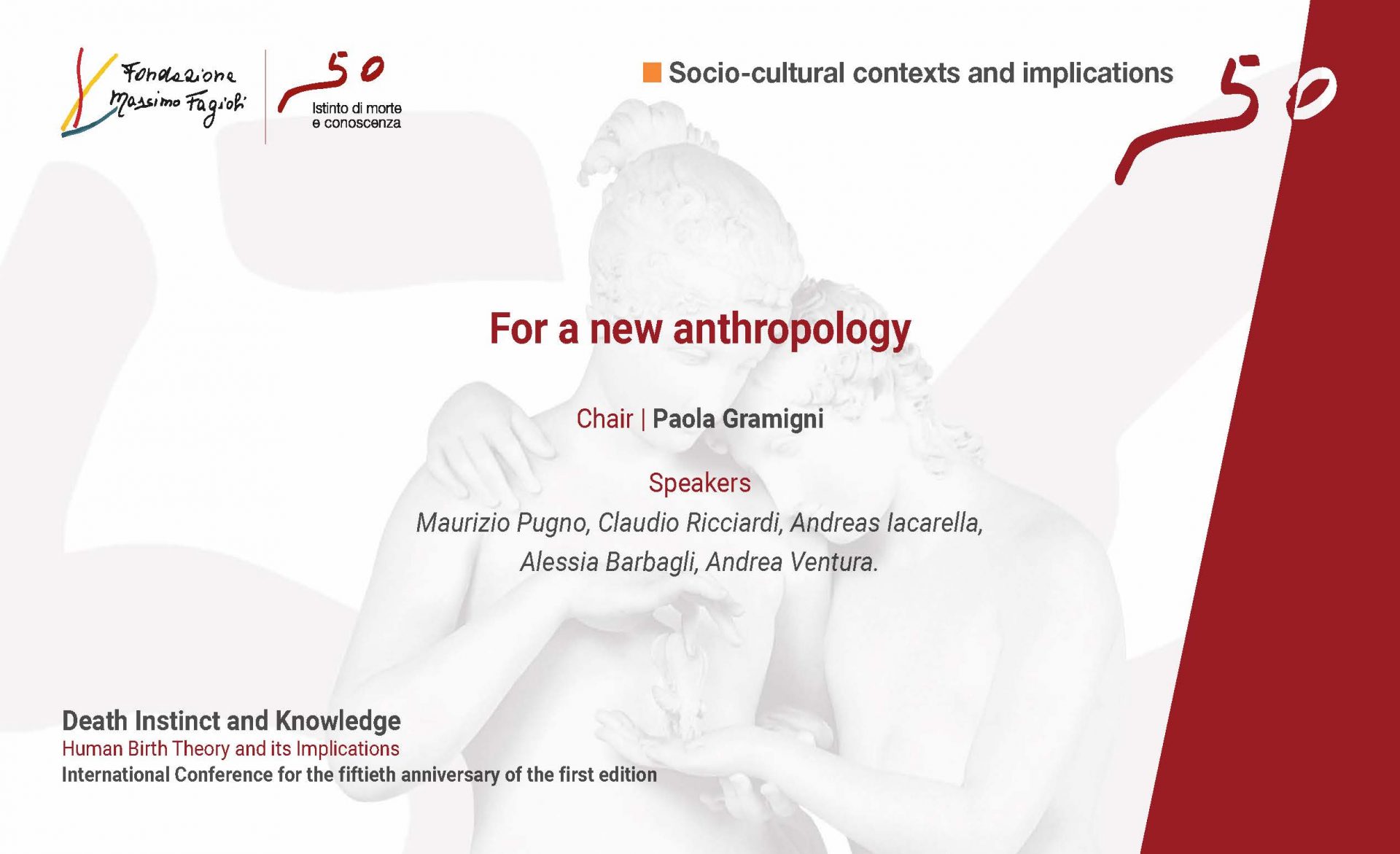
PLENARY SESSION 6
THEMATIC AREA
■ Socio-cultural contexts and implications (C)
The New Language
Chair: Simona Maggiorelli
- L. Valeri, S. Danielli, E. Papa
New words. A study of the language of the first edition of Death Instinct and Knowledge by Massimo Fagioli (C) - V. Montanino, A. M. Panzera
“A woman, undersigned”. Creativity and the female image in Death Instinct and Knowledge. The repercussions in the history of thought and art (C) - E. Farina
Rethinking Second Language Acquisition in Terms of Relationship with the Different from Oneself through Human Birth Theory (C) - T. Zhang, F. Masini
Translating Istinto di morte e conoscenza (Death Instinct and Knowledge) into Chinese (C)
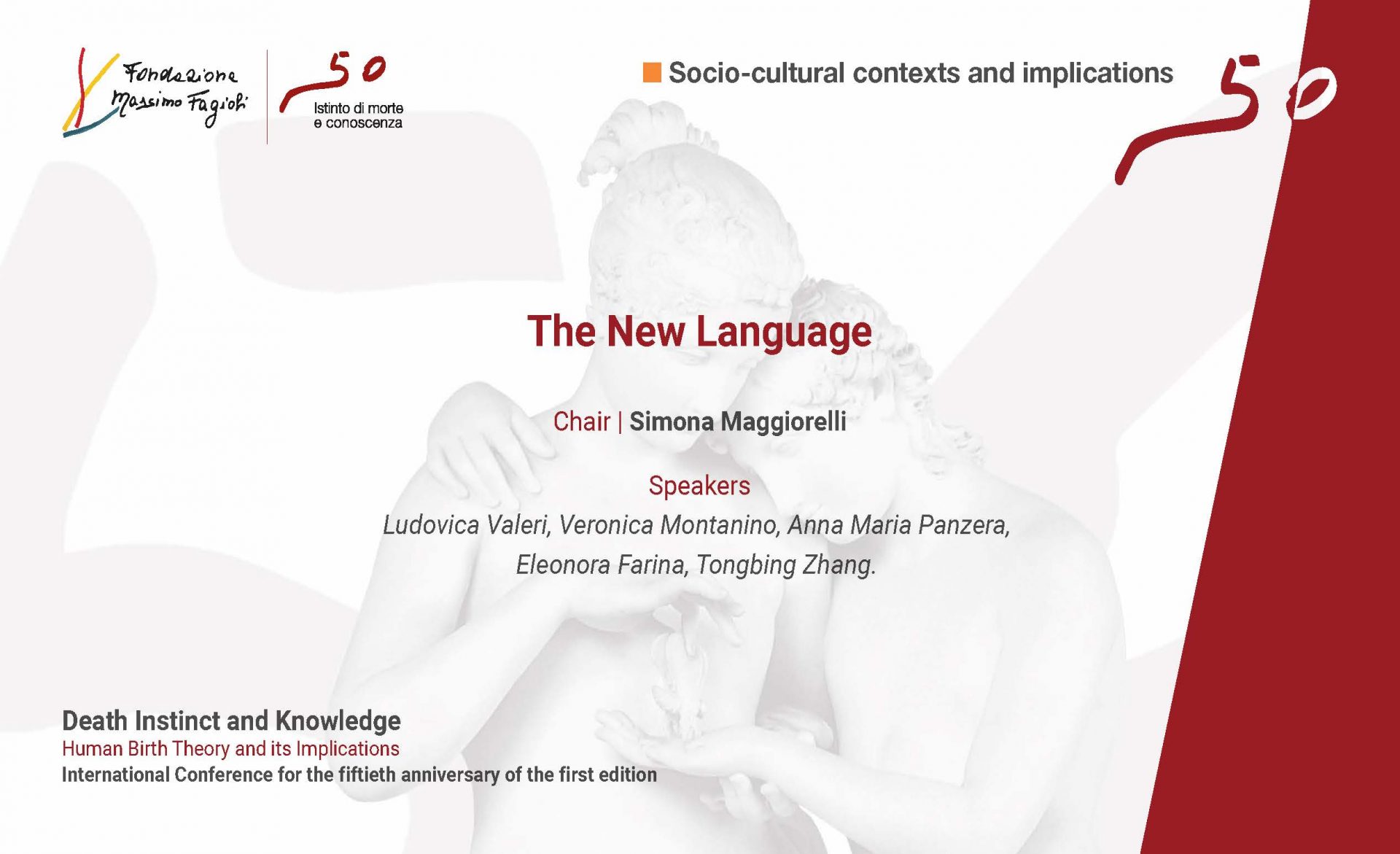
GUEST SPEAKERS AND PAPERS
Chair: Nella Lo Cascio
César A. Alfonso
Architecture: Psychoanalytic Insights on the Aesthetics of Living Spaces and Social Responsibility
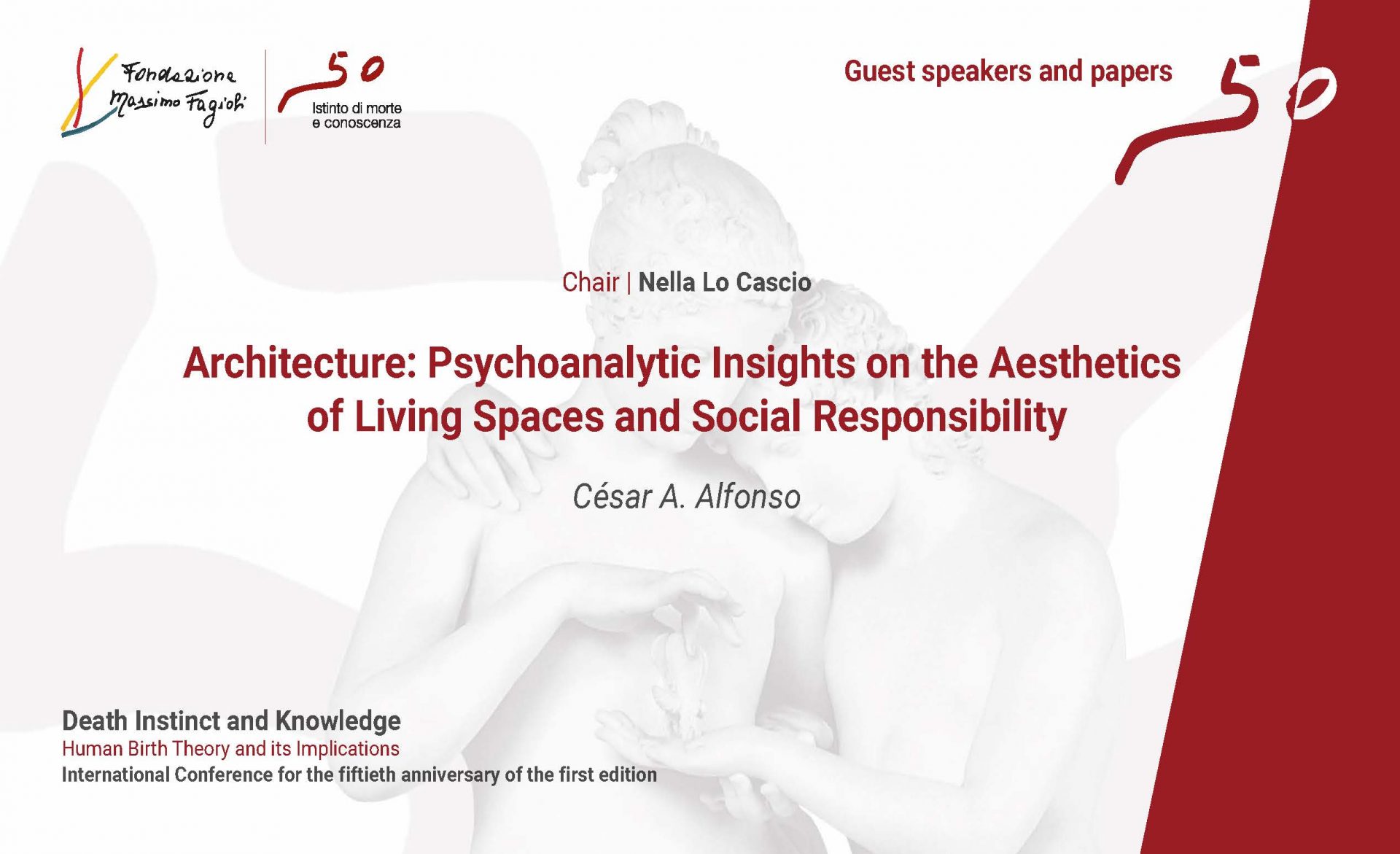
ROUNDTABLE
Non-rational thinking and human identity
Chair: Ugo Tonietti
Speakers: Piero Bevilacqua, Franco D’Agostino, Paolo Fresu, Annelore Homberg, Nicoletta Lanciano, Manuela Sanna.
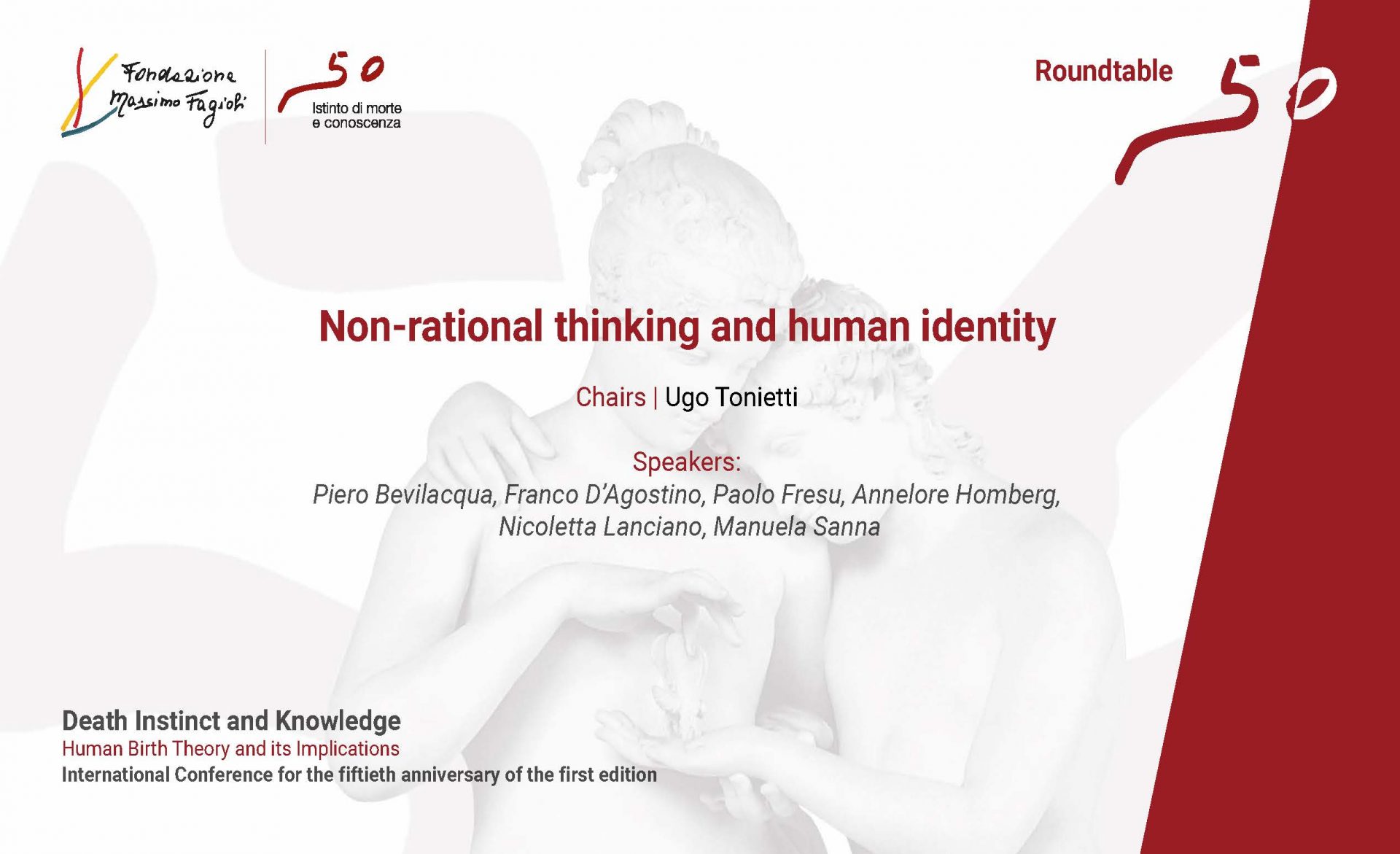
COMMUNICATION
Chair: Matteo Fago
- Andrea Masini
“Il sogno della farfalla”: a 30-year history of psychiatry and psychotherapy.
- Paolo Fiori Nastro
To continue the idea of a possible cure: the Bios Psyché School of Dynamic Psychotherapy
- Lorenzo Vivarelli
“Amore e Psiche”: a space for cultural exchange.
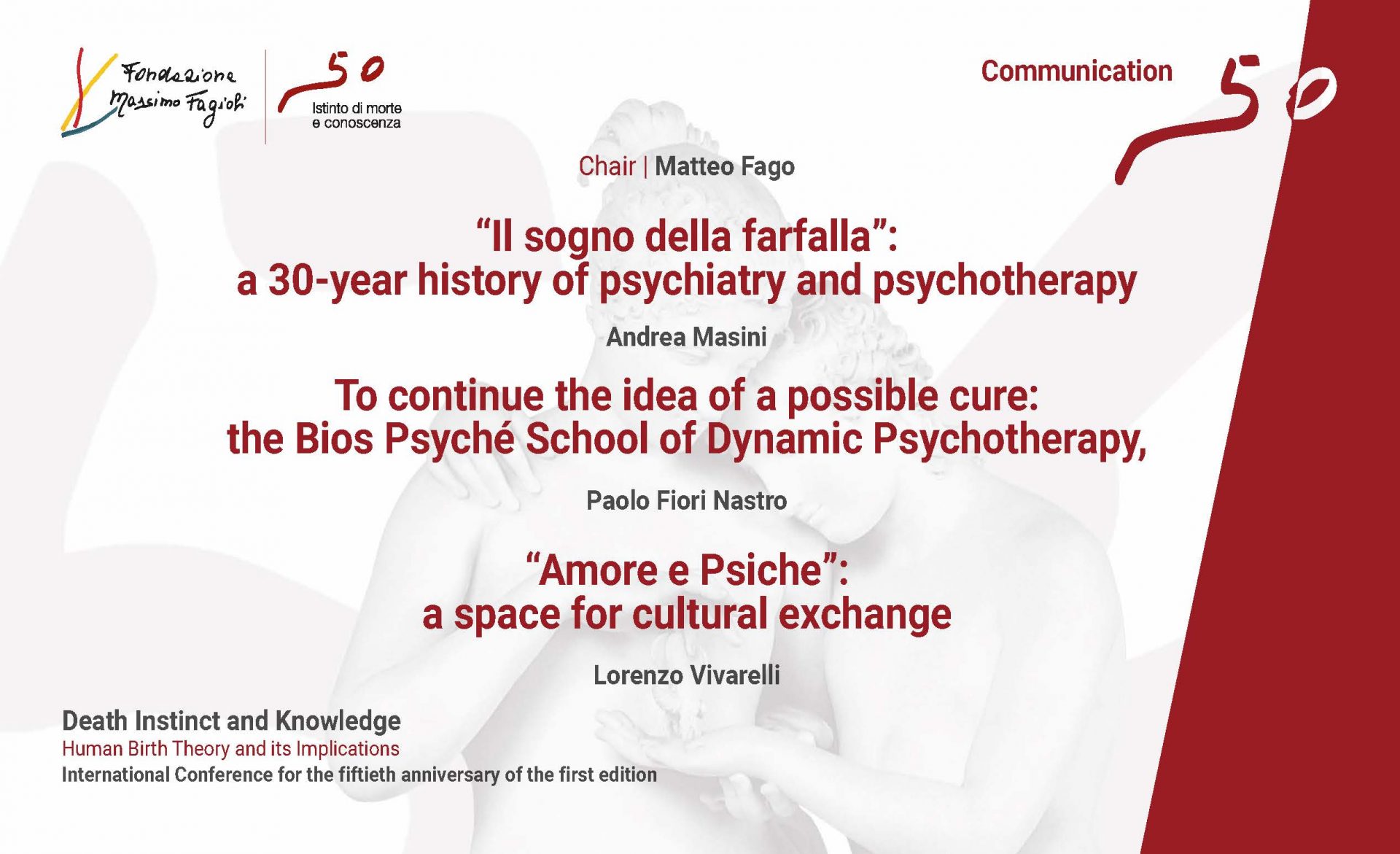
CLOSING REMARKS
Chair: Francesca Fagioli and Marcella Fagioli
- Carlo Anzilotti, Ernesto Longobardi
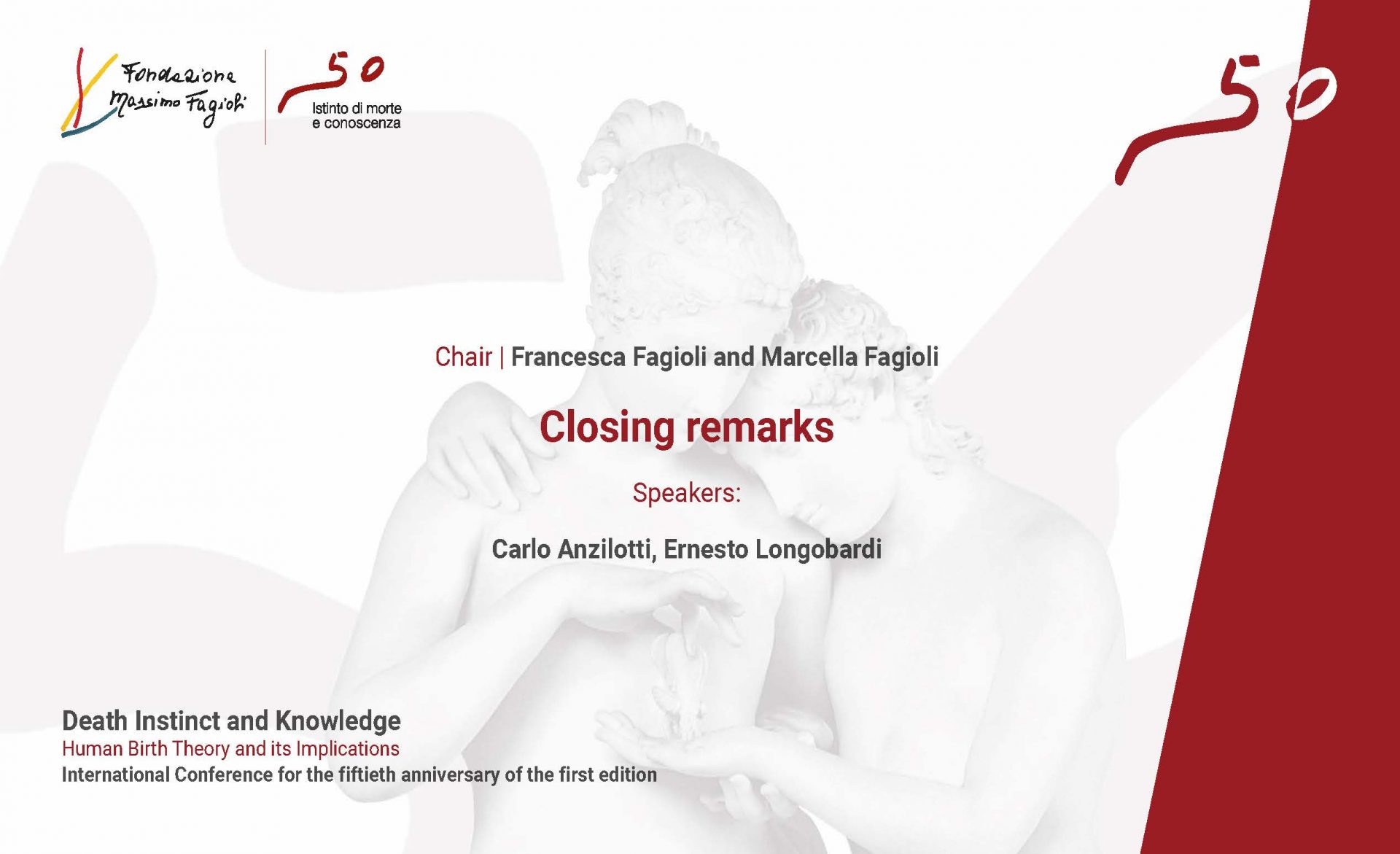
19 November online sessions
THEMATIC AREA:
■ Sociocultural contexts and implications (C)
Creativity and language expressed through images
Chair: Giusi De Santis
- A. Di Micco, C. Folcarelli, E. Gebhardt, L. Giorgini, S. Maggiorelli, M. Petrucci, R. Pugno
Art is not madness: irrationality and creativity are the humanity of thought (C) - C. Landi, G. Leonelli, F. Nante
Creativity, conception and the relationship with history (C) - L. D’Angelo
Death Instinct and Knowledge in the context of art and art criticism of the early seventies (C) - G. De Santis
Cinema and language. New methodological perspectives on the research of images according to Massimo Fagioli’s Human Birth Theory (C) - R. Chimenti
Massimo Fagioli’s thought and his deep relationship with poetry (C)
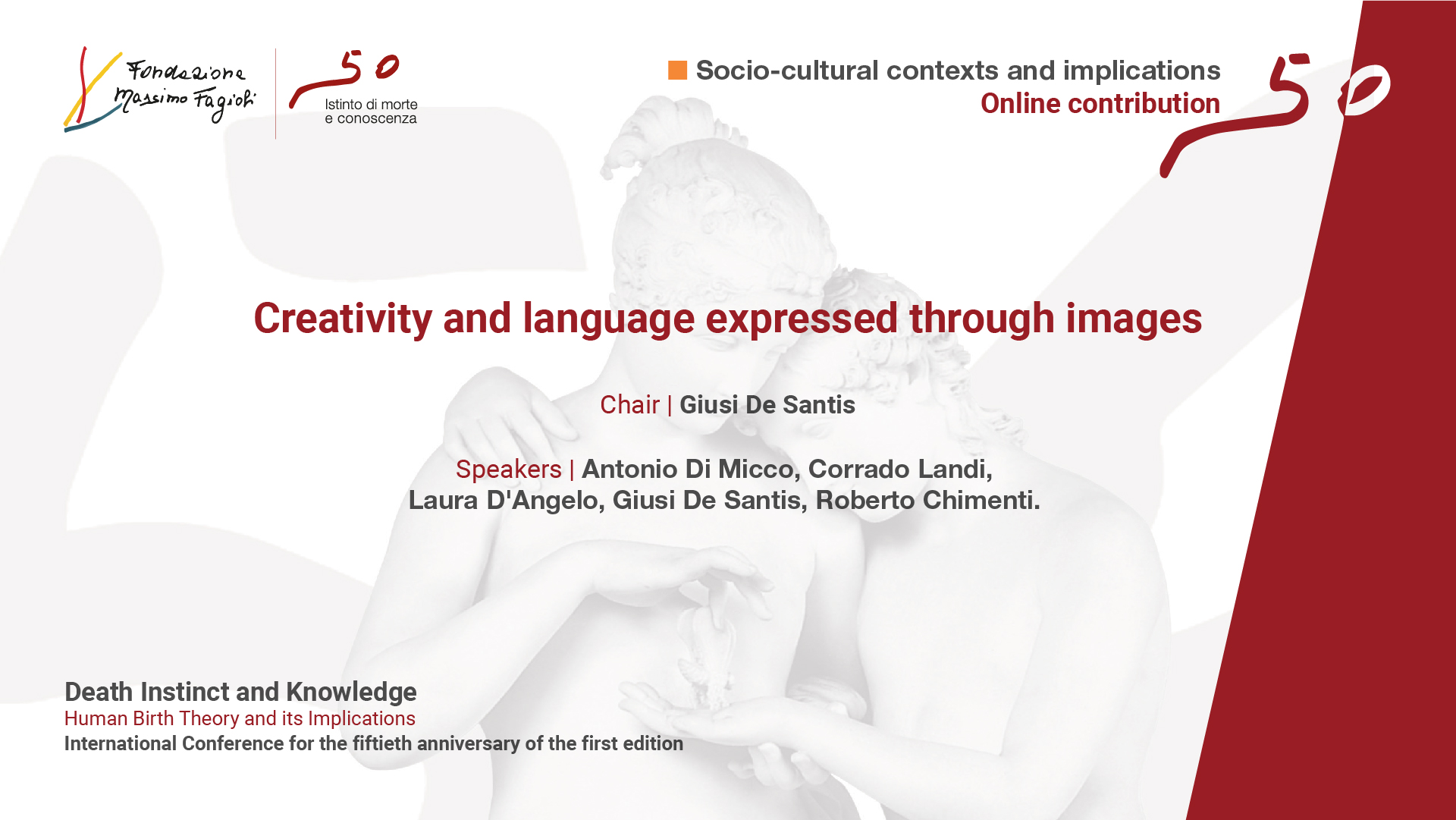
THEMATIC AREA:
■ Sociocultural contexts and implications (C)
Broadening of Horizons after Death Instinct and Knowledge
Chair: Elisabetta Amalfitano
- U. Tonietti
The birth theory: a paradigm shift for knowledge (C) - N. Ghetti
The Language of Dreams Interpretation (C) - E. Ilardi, E. Longobardi
Old words for a new thought: preliminary notes for a research on alienation in the tradition of Western thought and in the work of Massimo Fagioli, starting from Death Instinct and Knowledge (C) - G. Calenda
Geopolitics and the Human Birth Theory. Ideas for a new approach to international relations (C)
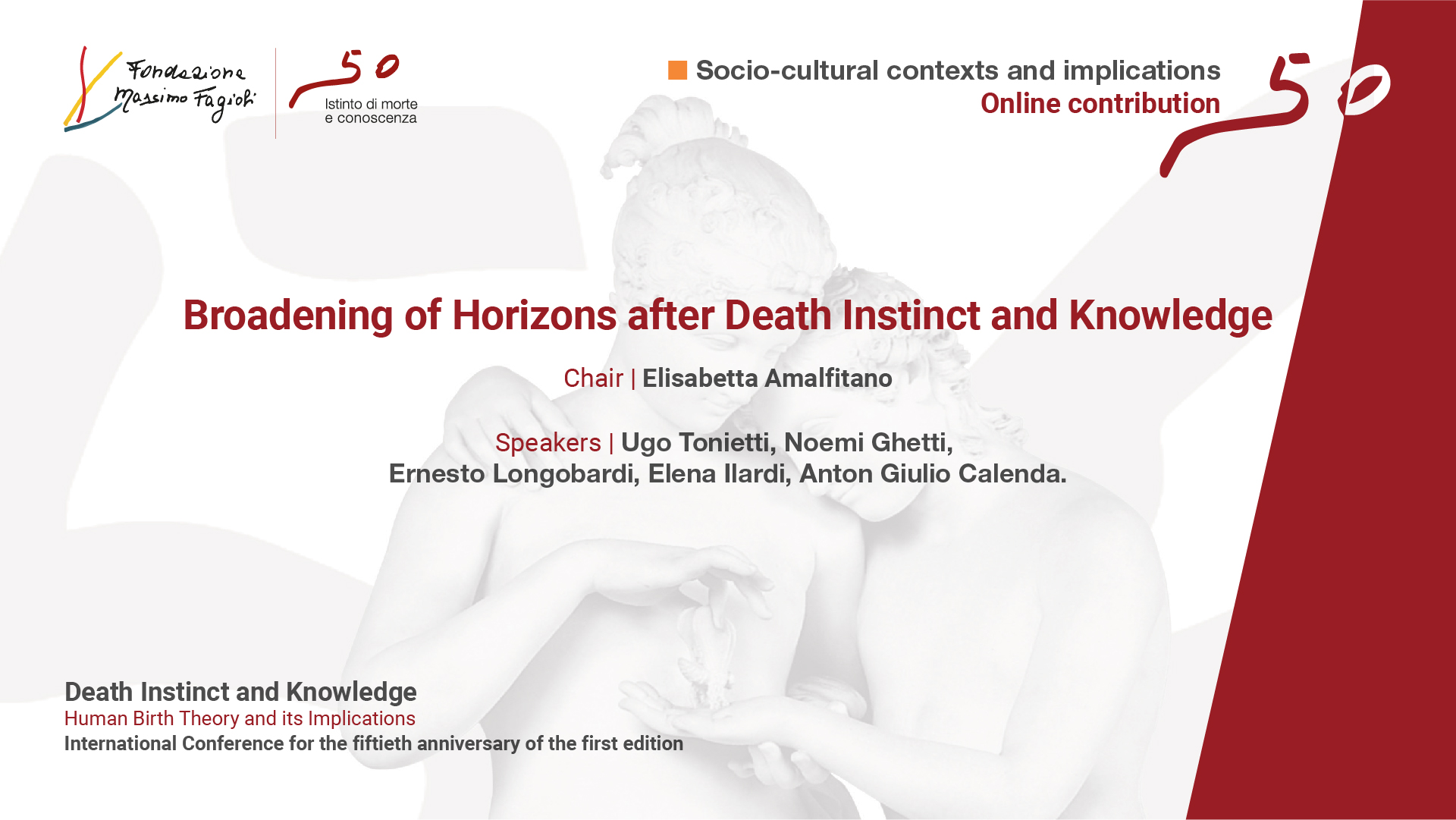
THEMATIC AREA:
■ Sociocultural contexts and implications (C)
Education and healthcare: new paradigms
Chair: Elena Novella Maturi
- M. De Vinci
Is psychotherapy possible in a public health service counseling facility for young adults? (C) - S. Farina
Designing psychiatric care facilities in the public health service through the redevelopment of urban space, based on Human Birth Theory (C) - A. Amendola
Towards a New Identity of the Teacher (C) - M. Galloni, M. De Vinci
Joint work experience between a state high school and a public counseling facility (C)
